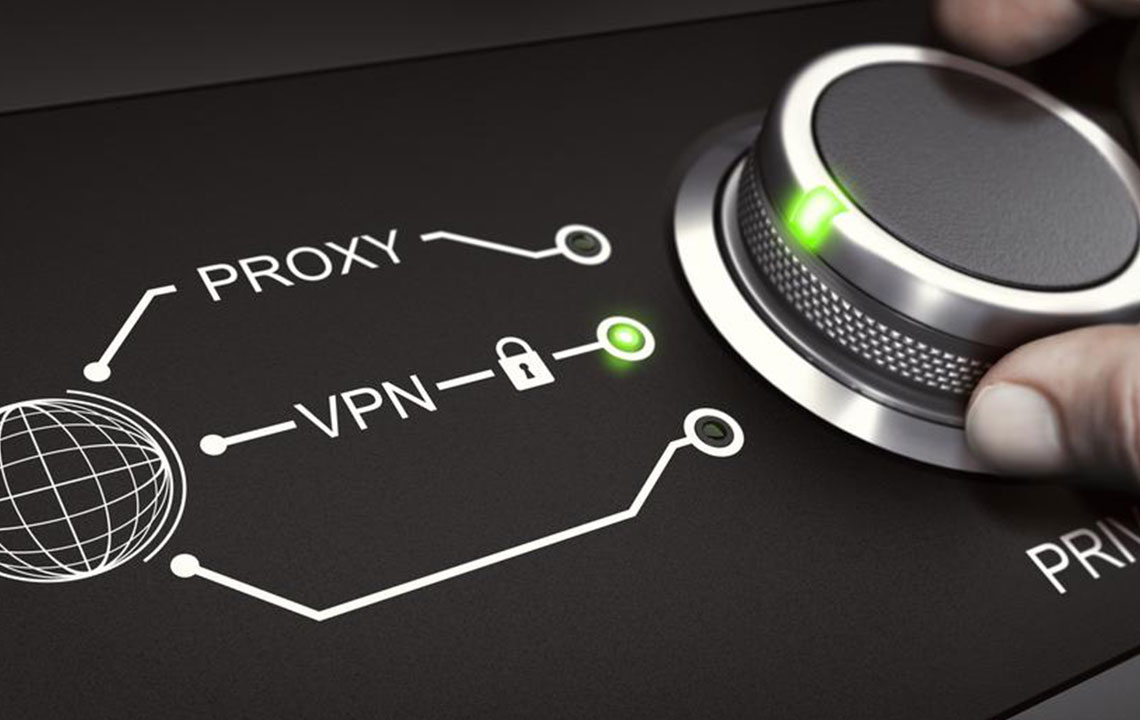Comprehensive Guide to Choosing the Right VPN Server for Your Business Security
Choosing the right VPN server is essential for modern businesses seeking robust security and seamless remote access. This comprehensive guide explores critical factors like client options, device compatibility, access management, and security features. By carefully evaluating these aspects, organizations can select a VPN solution tailored to their needs, ensuring data protection and operational efficiency in today's cybersecurity landscape. Learn how to make informed decisions that enhance your company's security posture and adapt to evolving technological demands.

Important Factors to Consider When Selecting a VPN Server
In today’s digital landscape, securing online communications has become essential for businesses of all sizes. A Virtual Private Network (VPN) serves as a critical tool to establish a secure, encrypted connection between your organization's devices and the internet, safeguarding sensitive data from cyber threats and unauthorized access. Whether you're a small business owner or managing a large enterprise, understanding how to evaluate and select the ideal VPN server is vital to maintaining robust security and ensuring smooth operations.
At its core, a VPN acts as a secure tunnel, protecting your internet traffic from prying eyes. VPN technology leverages various protocols and security features to encrypt data in transit, making it unreadable to outsiders. Among the different types, SSL VPNs (Secure Sockets Layer VPNs) are popular due to their flexibility and ease of use. They encrypt traffic at the web browser level, eliminating the need for complex software installation, which makes them suitable for diverse organizational needs. In contrast, traditional IPsec VPNs require dedicated client software and are often more suitable for site-to-site connections or organizations with high security demands.
Choosing the right VPN solution involves evaluating multiple critical factors. To help you make an informed decision, this guide highlights the essential aspects you should consider when selecting a VPN server tailored to your company's security architecture.
Availability and diversity of VPN client options
One of the first considerations is the type of VPN client your organization needs. VPN clients come in various forms, including browser-based solutions that require no installation, browser extensions or plugins, standalone applications, and mobile apps compatible with Android and iOS devices. Each option has its pros and cons in terms of security, usability, and deployment complexity. For example, browser-based VPNs are quick to deploy and user-friendly but might offer limited security features compared to dedicated apps. Assess your organization’s requirements for remote access and choose the client type that balances security with convenience for your team.
Compatibility with operating systems and devices
Ensuring compatibility is fundamental. Full-featured VPN clients, such as desktop applications and mobile apps, necessitate installation on user devices. Conversely, lightweight solutions—including browser plug-ins or clientless VPNs—are suitable for environments where device compatibility might be limited or where ease of deployment is prioritized. Verify that the VPN service supports all operating systems used within your organization, including Windows, macOS, Linux, Android, and iOS. Compatibility reduces technical barriers and ensures seamless access for all employees, which enhances productivity and security.
Robust network access management and device control
Security is significantly strengthened when VPN solutions incorporate comprehensive network access management features. This involves verifying that connected devices comply with your organization's security policies through device authentication, endpoint compliance checks, and role-based access controls. A competent VPN should facilitate granular control over who can access what within your network, based on device security posture, user credentials, and other contextual factors. Proper management prevents unauthorized devices from gaining access, mitigates the risk of insider threats, and maintains the integrity of your network infrastructure.
Advanced security features to mitigate vulnerabilities
Security vulnerabilities in VPN solutions can expose your organization to serious risks. Cheaper or less sophisticated VPN services might lack essential features like strong encryption protocols, authentication certificates, and protection against common attack vectors such as man-in-the-middle (MITM) attacks. Make sure your chosen VPN supports industry-standard security mechanisms, including multi-factor authentication, secure S/MIME protocols, and certificate management. These features help ensure data confidentiality, integrity, and authenticity, which are critical for protecting sensitive corporate information.
In conclusion, selecting the right VPN server involves a comprehensive evaluation of multiple factors. There is no universal solution suitable for every organization; instead, a thorough comparison based on your specific security requirements, device ecosystem, usability needs, and budget constraints will lead you to the best choice. Investing time in this process helps establish a secure remote working environment and protects your organization against evolving cyber threats.





